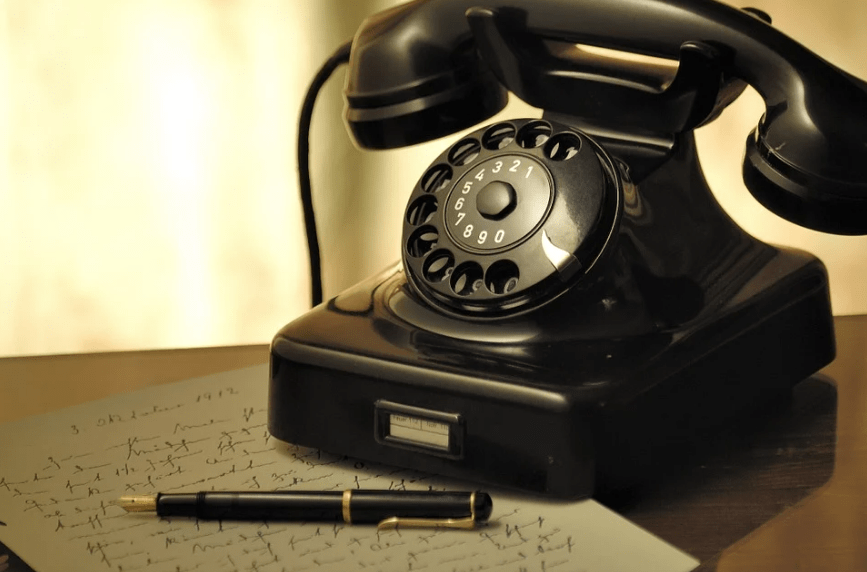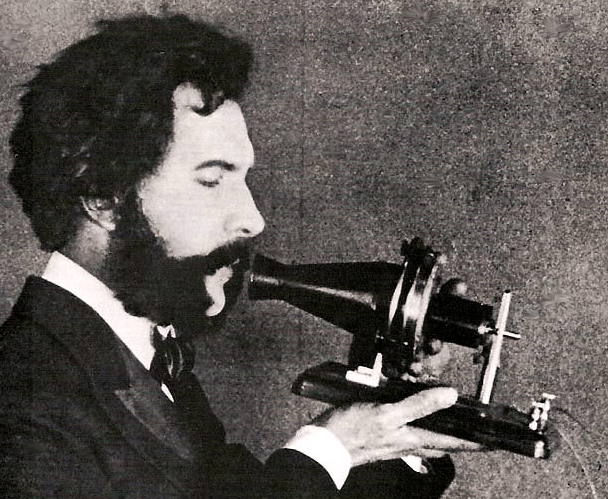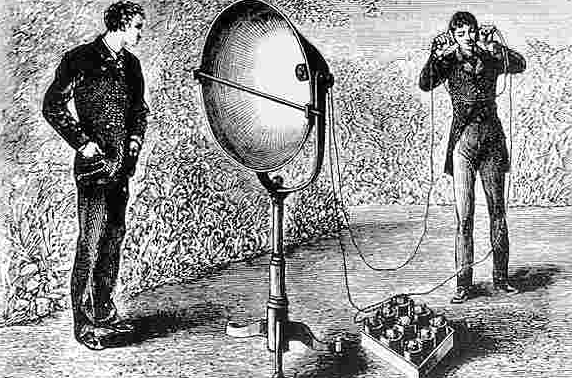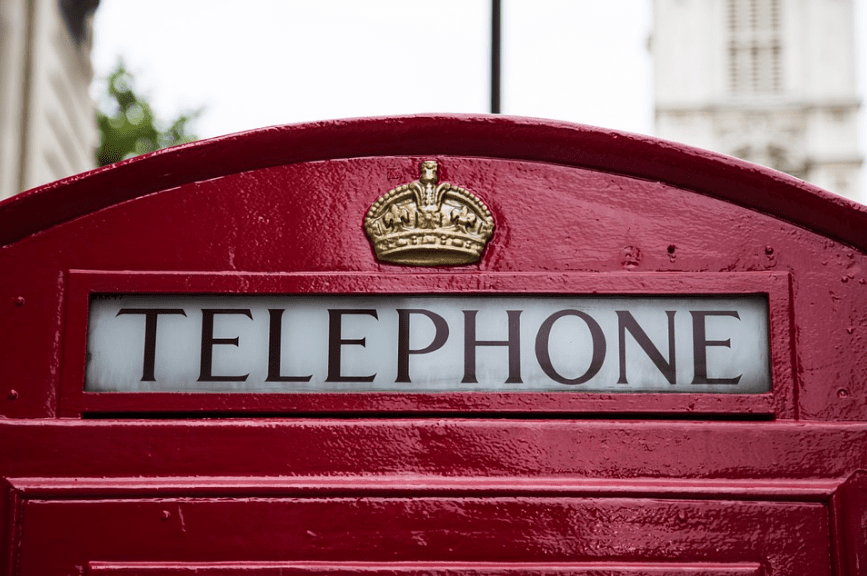Alexander Graham Bell invented the telephone. His invention changed communication, paved the way for what it is today, and even more sophisticated technology, such as communication satellites.
He was always passionate about sound technology since both his wife and his mother were deaf. Despite the numerous issues that arose on the authenticity of whether he indeed invented the telephone, Bell was able to secure exclusive rights to his invention and its technology in 1877.
In that same year, he opened the Bell Telephone Company, now AT&T, which became one of the biggest internet, mobile phone pre-paid, and mobile phone post-paid communication companies in America. He then proceeded to create a total of 18 patented inventions in the field of communications.
Early years
On March 3, 1847, Alexander Graham Bell was born in Edinburgh, Scotland. He was a son of a speech elocution professor at the University of Edinburgh and an accomplished pianist.
Bell studied piano at an early age. Bell was homeschooled. He was not an excellent student but a natural problem solver since he was young. At an astonishing age of 12, he created a device that could easily and quickly remove the husks from wheat grain to improve their farming. This device consisted of rotating paddles and nail brushes. At 16, he then began studying the mechanics of speech.
Unfortunately, his two brothers died of tuberculosis in his early twenties.
Education and Career
Bell went to attend the Royal High School and the University of Edinburgh, and in 1870, their family moved to Canada while he chose to settle in the United States the following year. While there, Bell implemented the “invisible speech,” a system of teaching deaf children consisting of symbols that represented speech sounds.
Two years later, he opened and started operating his School of Vocal Physiology and Mechanics of Speech to teach deaf people to speak. When he was 26, Bell became the Professor of Vocal Physiology and Elocution at the Boston University School of Oratory, despite not having any college degree.
In his stay at Boston University, he met his eventual wife, Mabel Hubbard, who was also deaf. They married on July 11, 1877, and had four children, two of which died as infants.
His road to the telephone invention
In 1871, just after he settled in the United States, Bell started working on a device that featured multiple messages simultaneously transmitted over a wire. This is called the harmonic telegraph. Bell was trying to perfect this technology and wanted to transmit human voice through the wires. A group of investors then supported him.
Four years later, in 1875, Bell and his partner Thomas Watson created a basic receiver that could turn electricity into sound.
The debate of credit for inventing the technology behind the telephone rose because other scientists, including Antonio Meucci and Elisha Gray, were also working on similar technologies at that same time.
An existing resolution of the US House of Representatives placed in June 2002 claimed that Bell had acquired “teletrophono,” an apparatus claimed to have been invented by Antonio Meucci long before Bell and Gray.
This claim was supported by a piece of evidence presented against Bell that Meucci’s material disappeared without any trace from the exact laboratory where Bell was carrying out his experiments.
Claims reported that Bell rushed to the patent office to get the patent secured under his name, which he eventually got on March 7, 1876. A few days later, he made the first-ever telephone call to Watson, supposedly speaking the now-famous phrase, “Mr. Watson, come here. I want you.” In 1915, Bell made the revolutionary first transcontinental phone call to Watson from New York to San Francisco.
Did you know? Alexander Graham Bell was said to refuse to place his telephone in his study because it might distract him from his scientific work.
Other Inventions and Accomplishments
Aside from his invention of the telephone, Bell worked on hundreds of projects throughout his career and received patents in various fields. Some of his other notable inventions were:
- The metal detector: Bell initially came up with this device to locate a bullet inside assassinated President James A. Garfield.
- Photophone: this device allowed the transmission of speech on a beam of light.
- Graphophone: The graphophone is an upgraded version of the phonograph that records and playbacks sound.
- Audiometer: This gadget detects hearing problems among people.
Bell crafted numerous techniques to aid in teaching speech to the deaf and even worked with well-known author and activist Helen Keller. In addition, he helped launch Science magazine and served as president of the National Geographic Society from 1896 to 1904.
Bell was awarded the French Volta Prize in 1880. The money he received from the award was used to fund the Volta Laboratory in Washington, D.C., a facility devoted to scientific discovery.
Death
In 1922, Bell died at the age of 75 in Nova Scotia, Canada, from diabetes. During Bell’s funeral, every phone in North America was silenced to pay tribute to the inventor.



